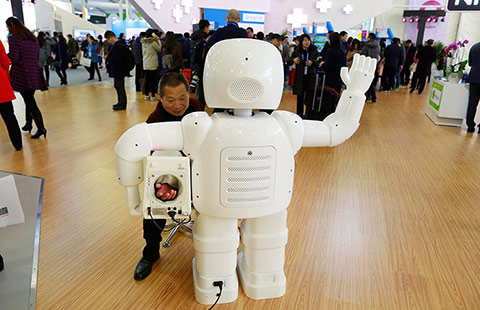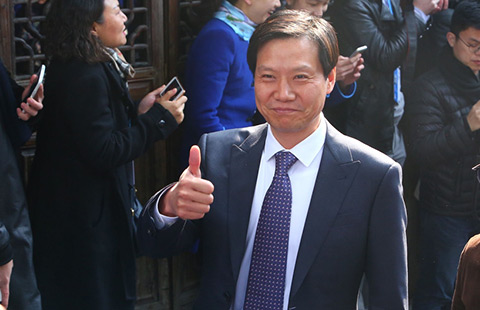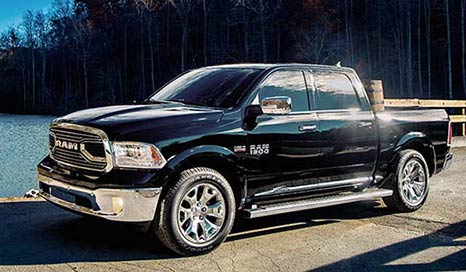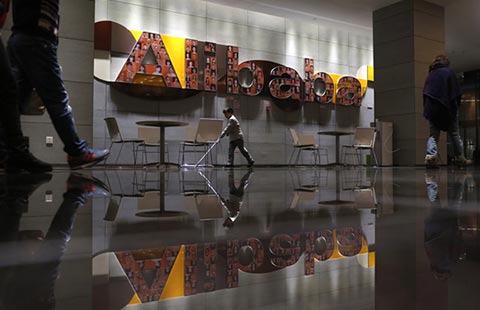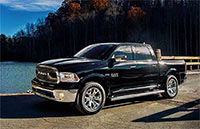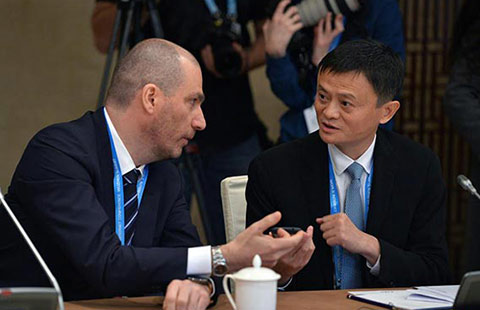Independents look to tap potential of after-sales market
By Du Xiaoying (China Daily) Updated: 2015-12-14 13:16
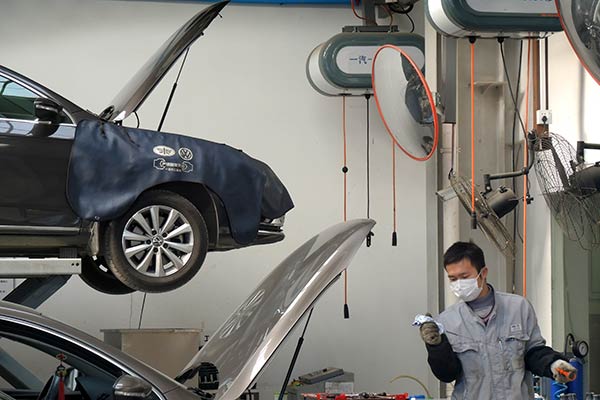 |
|
A worker engaging in routine maintenance at an FAW-VW 4S store in Nanjing, Jiangsu province.[Provided to China Daily] |
After less than two years, his company, Beijing Carparts E-Commerce Co Ltd, has opened four shops in Beijing and Tianjin. Sun said that 4S stores have lost 40 percent of their customers to independent vehicle maintenance and repair shops in the past four years.
"The vehicle maintenance and repair industry is at a turning point now," said the 38-year-old, who has 15 years of experience in China's auto business.
Sun said he believes that the need for maintenance and repair services will rise significantly in the near future as the average age of cars in the country is about to reach four years.
In mature auto markets such as the United States and Europe, people believe that vehicles need more maintenance and repair services after they have been used for four years.
From 2008 to 2013, Sun worked in purchasing for a global auto parts supplier so he was able to access inside information. He found a strange situation-while the wholesale price of auto parts is dropping worldwide, due to overcapacity and improvements in production efficiency, auto parts as well as after-sales services are "very expensive", Sun said.
"Excessive profits come from the control of channels," Sun said.
That is why he started his business getting auto parts directly from the producer, selling them to customers and cutting out all the middle links.
As car ownership has rocketed in the world's largest vehicle market in recent years, so too has the market for after-sale services.
However, owners have been critical of automakers and their authorized 4S stores, accusing them of a lack of transparency and the arbitrary imposition of fees.
The government has made several moves since last year to make the industry more transparent. Last week, the Ministry of Transport issued a guideline on auto maintenance and repair technology transparency, as a follow-up to its earlier regulation that requires automakers publish such information online from next year.
The regulation received much opposition from automakers and auto parts suppliers when it was issued as a draft in February to seek public opinions. That even led to a delay in releasing the final version.
Many vehicle manufacturers and parts suppliers debated the extent of the information to be disclosed, because auto parts contain many intellectual property and trade secrets. They believe both company and customer's interests will be damaged once the technology information is made public.
"Vehicle maintenance and repairs are a matter of safety. So it is very important for customers to get quality parts and reliable servicing offered by experienced technicians," said a senior manager from a large international auto company, who spoke on condition of anonymity.
- Infographic: interpretation of Wuzhen Initiative
- Greater brand awareness will open up further opportunities
- What's in a name? Joint ventures try an image boost
- Infographic: Achievements of the 2nd WIC
- Local governments may earn rewards for NEV sales growth
- Vanke to unveil details of revamp plan as investor showdown looms
- Better understanding, better future
- IMF reform 'set to raise renminbi's global profile'
